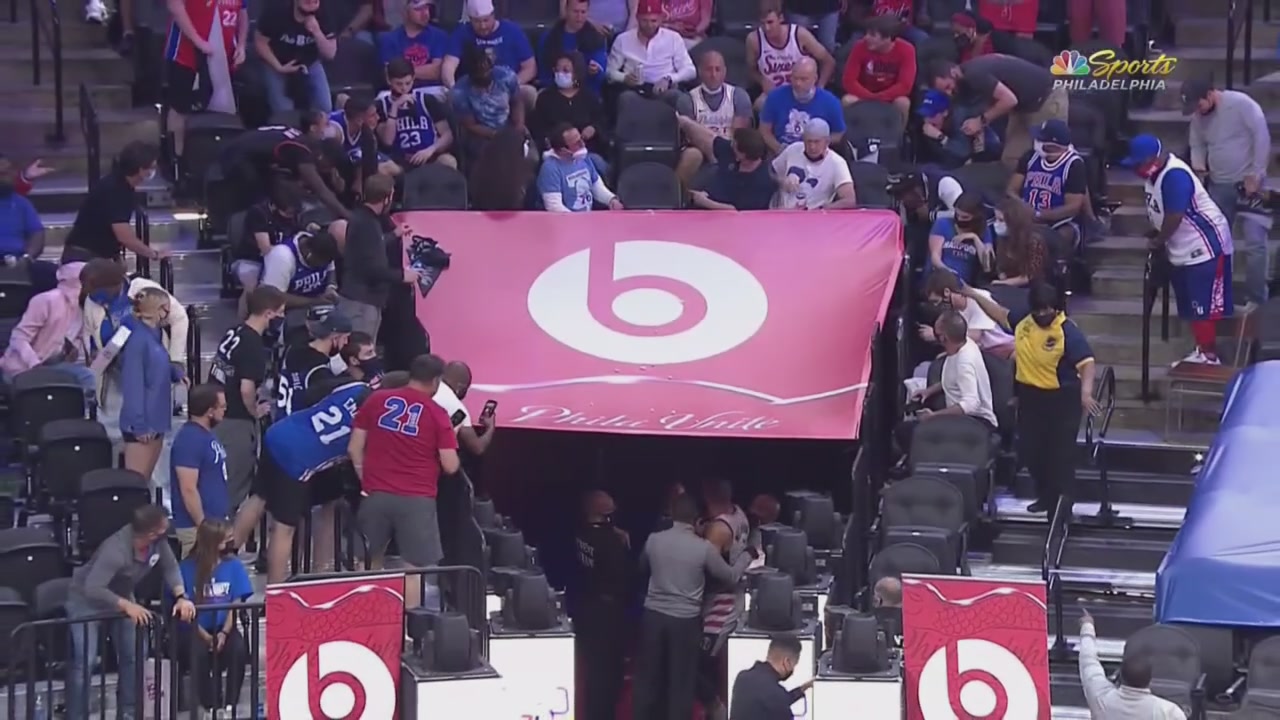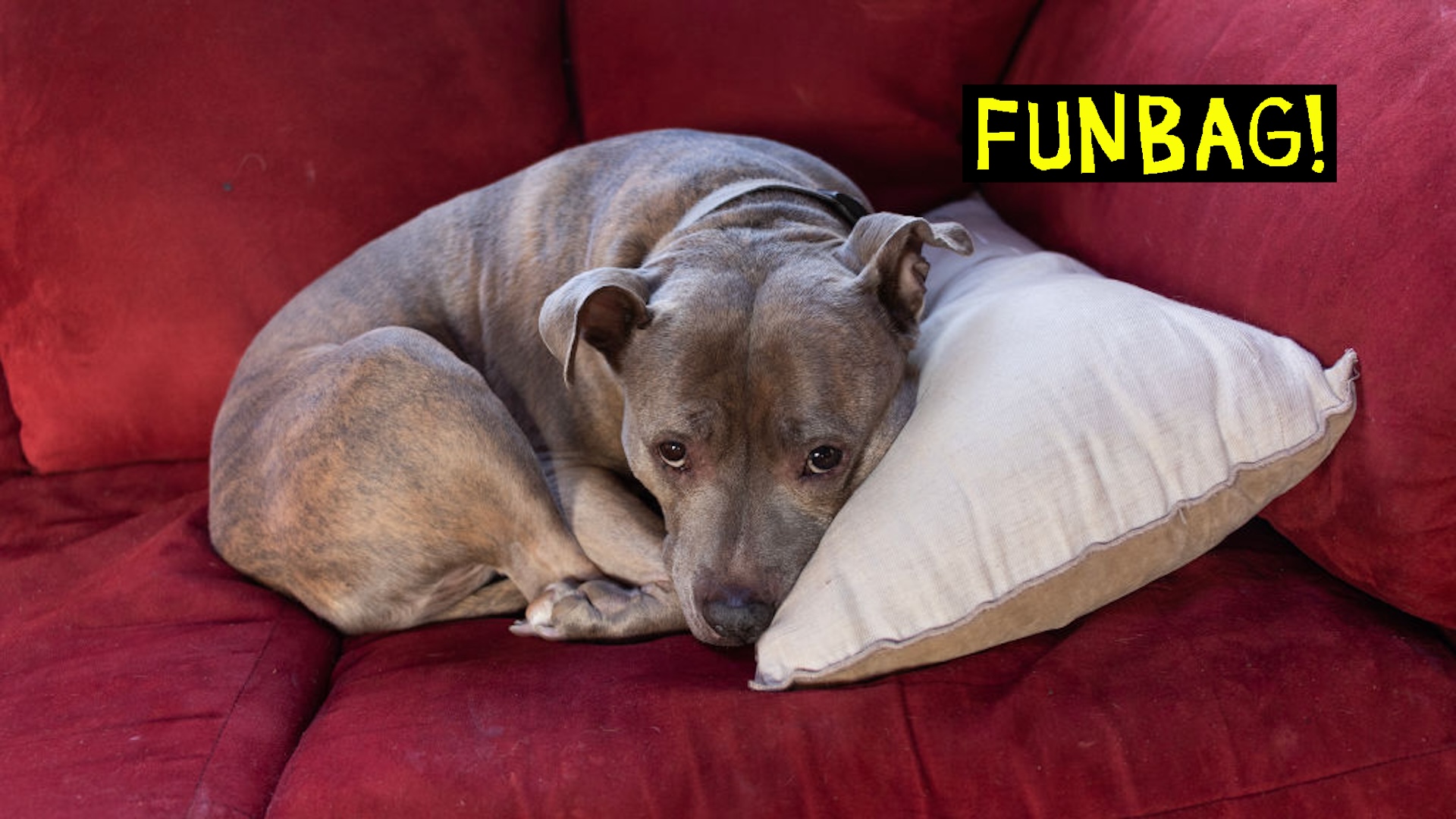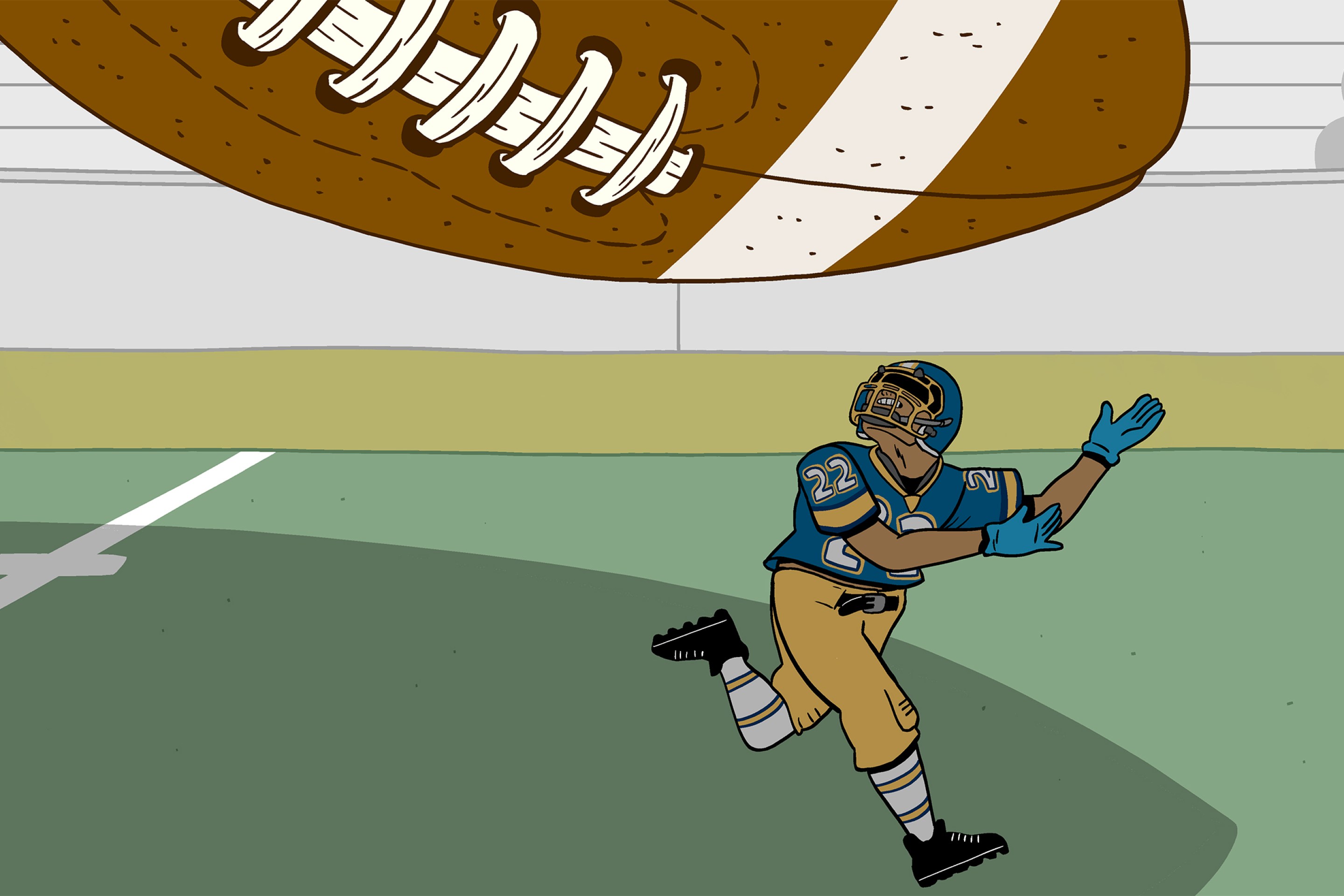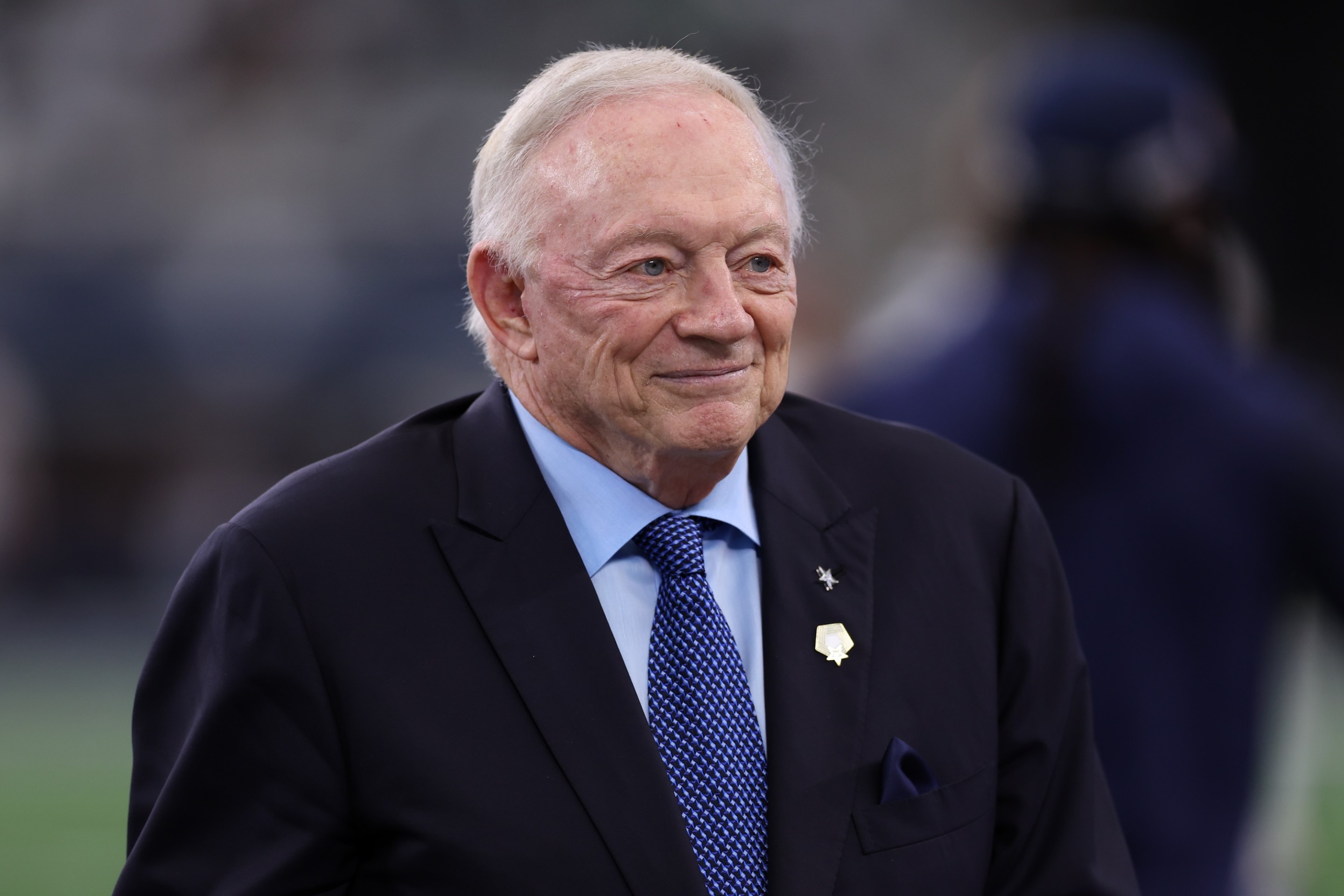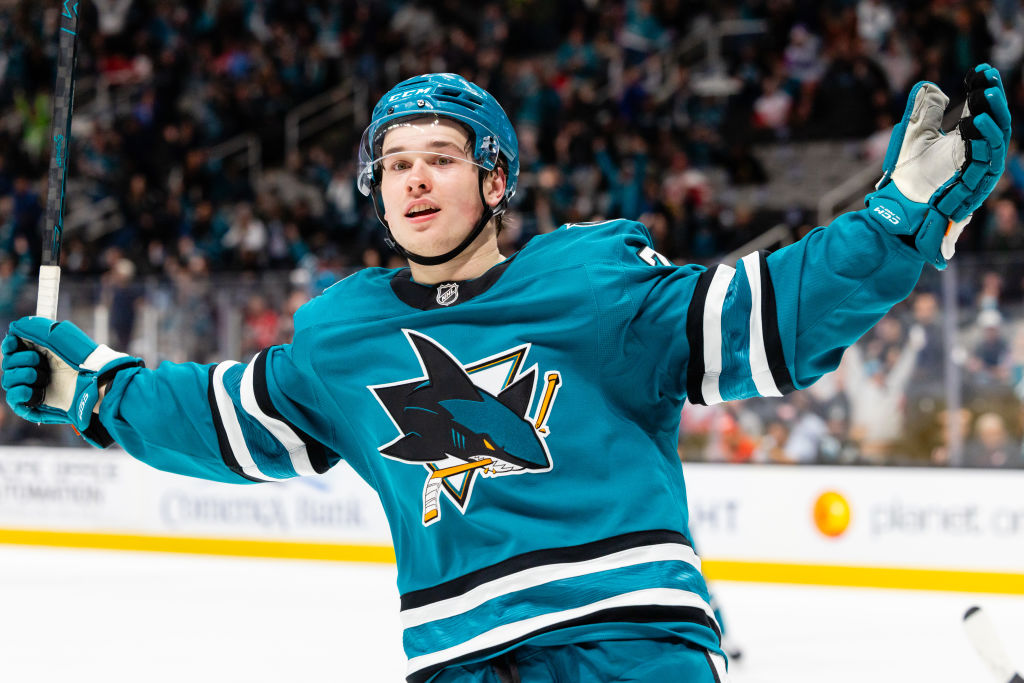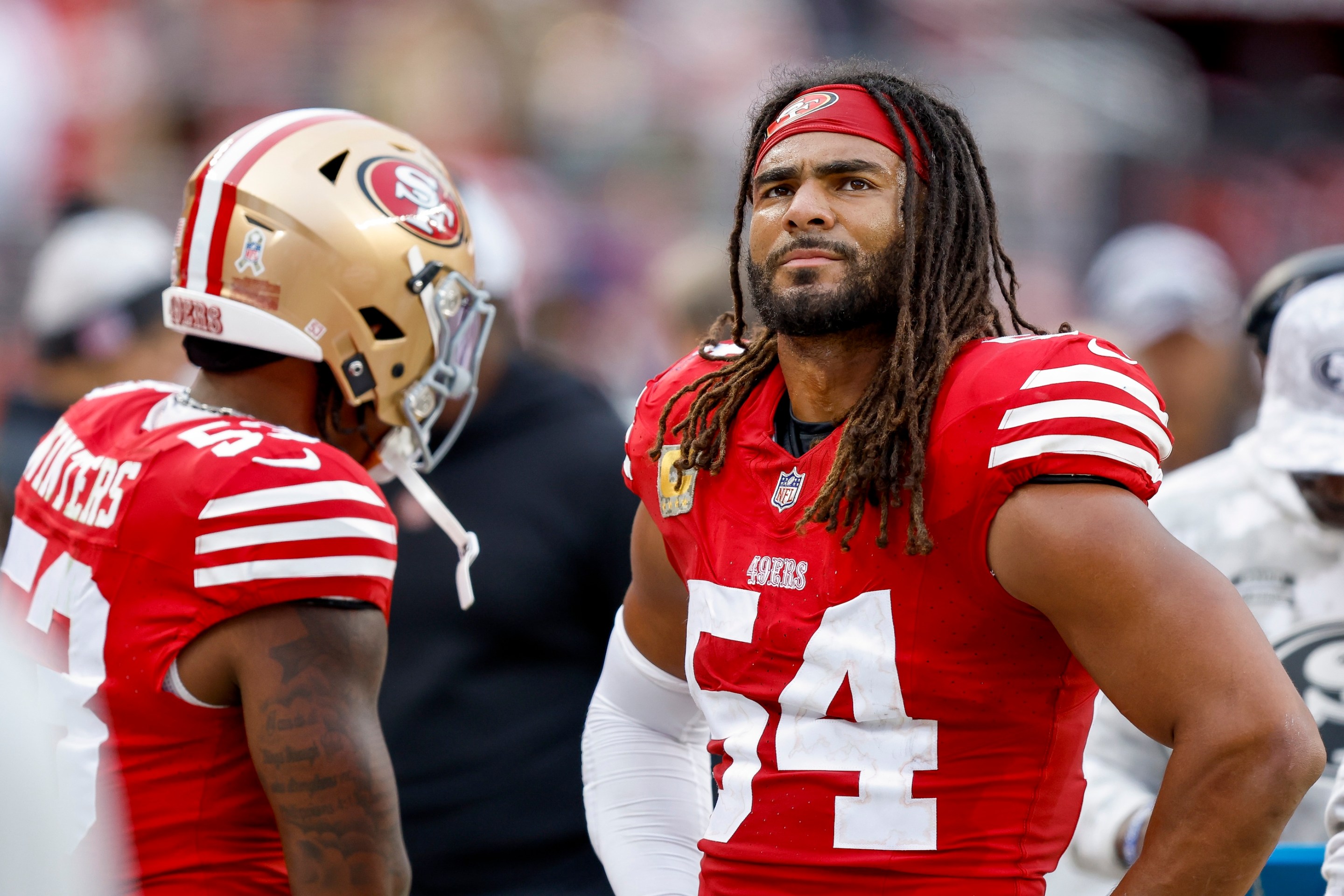Having fans at sporting events is nice. It was cool when Phil Mickelson got to finish off his fairytale PGA Championship win in the middle of a crowd of adoring dads, and it was even cooler when the Knicks turned a relatively small MSG crowd into a delirious crowd of lunatics during last night's Game 2 win over the Hawks. It was less cool when some knob dumped popcorn on Russell Westbrook as he was leaving last night's game against the Sixers with an injury.
Given his previous history of dealing with fan abuse, you can understand why Westbrook looked entirely prepared to leave the tunnel, climb a dozen or so rows of seats, and smack the hell out of whoever dropped the popcorn on him. Westbrook's dealt with this kind of thing too many times before, and it's starting to wear on him.
"To be blatantly honest, man, this shit is getting out of hand, especially for me," Westbrook said to reporters after the game. "The amount of disrespect, the amount of fans just doing whatever the fuck they want to do. It's out of pocket, man. It's out of pocket, seriously."
There's a temptation to blame this incident, or a similar one from Denver where a Nuggets fan cursed out the entire Blazers roster as they left the floor, on pent-up, post-pandemic energy getting released irresponsibly. It would be nice to tell yourself that some people just forgot how to act during their months away from arenas, and that everyone will calm down as attending sporting events starts to become a part of everyone's normal routine again. But the truth is that this kind of shit has been going on for way too long, especially in the NBA, and fans are mostly just picking up where they left off. All that might be different now is that the players, who got to enjoy the peace of playing in a fan-less bubble environment last year, are less likely to shrug off harassment from fans. Kyrie Irving, when asked about returning to Boston as a member of the Nets for Game 3 of his first-round series tomorrow, just came right out and said that he's worried about experiencing the same racism that many other black athletes have while playing in front of a hostile Boston crowd.
There's no easy solution to this problem, for the same reason that there is no easy solution to any problem that is the result of bad individual behavior. At its best, a crowd of sports fans is a collective voice, a mass of people who have decided to give themselves over to the emotion and pageantry of the moment, and clap and scream their heads off and spill beer and hug strangers. It's that bit of alchemy, the one that transforms 35,000 people into The City, that creates real, meaningful bonds between athletes, teams, and fans. That's the reason why sports really just aren't the same when the fans are gone, and it's the reason why it sucks so much to see someone treat a sporting event not as a place to forge those connections, but as an opportunity to get away with being the kind of asshole they aren't allowed to be in everyday life.
